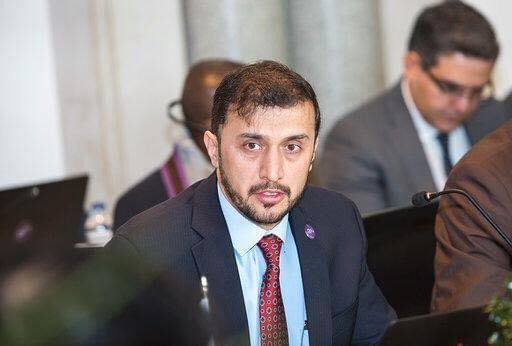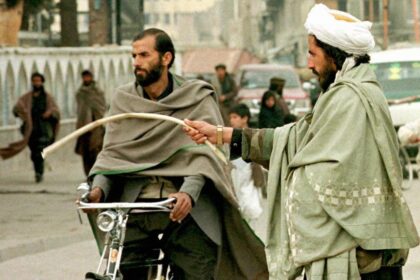RASC News Agency: Nasir Ahmad Faeq, Afghanistan’s Acting Representative to the United Nations, has called on the international community to utilize all available legal mechanisms to hold the Taliban accountable for their persistent human rights violations. Speaking at the UN Security Council session yesterday evening Wednesday, September 18, Faeq emphasized the urgency of leveraging international legal frameworks to address the Taliban’s systematic gender-based violence and their policies of “gender apartheid” against Afghanistani women and girls.
He asserted, “The world must find a way to hold the Taliban accountable for their human rights abuses,” stressing the importance of immediate and decisive action. “We must act with firmness, unity, and an unyielding commitment to reverse this devastating trajectory and restore hope to the millions suffering in Afghanistan.” Faeq further stressed that this matter is not only a moral obligation but also a responsibility that the international community cannot ignore. He warned that abandoning the Afghanistani people at this critical juncture would be disastrous.
In his remarks, Faeq also addressed the plight of Afghanistani refugees, calling on neighboring countries to treat them in accordance with international law. He urged the global community to increase its support for Afghanistani refugees and pursue long-term solutions that ensure their “security, dignity, and opportunities.” This call to action comes as the UN Security Council held a session yesterday evening in New York to discuss the situation in Afghanistan. Rosa Otunbayeva, the UN Secretary-General’s Special Representative for Afghanistan and Head of UNAMA, presented a report outlining the deteriorating conditions in the country. She expressed concern over the growing terrorist threats emanating from Afghanistan and highlighted that the Taliban’s recent enactment of the “Promotion of Virtue and Prevention of Vice” law has severely hindered efforts to engage with the regime diplomatically.
Sima Bahous, Executive Director of UN Women, also addressed the session, stating that the Taliban’s draconian laws not only segregate women from men but also isolate women from each other, exacerbating the widespread “anxiety” and suffering of the Afghanistani population.






